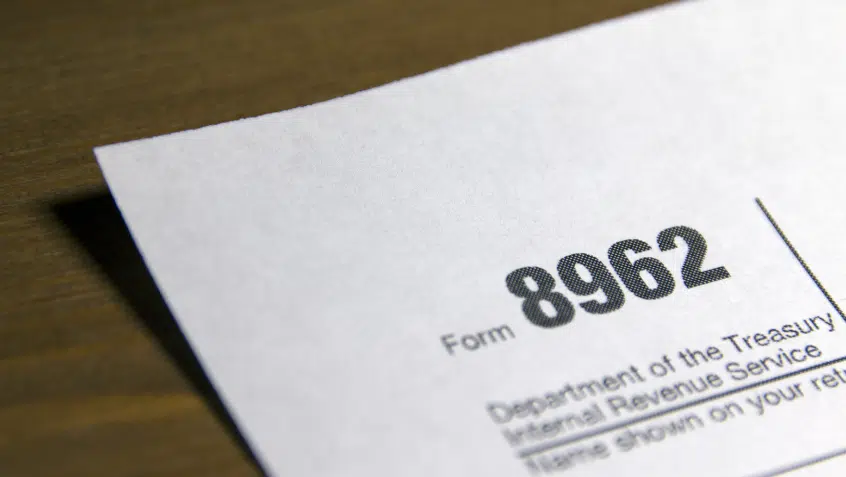
As Congress moves quickly to send a tax bill to the President before the end of the year, the Senate is now closer to passing their version of the bill. The Senate cleared key process hurdles this week, passing their bill out of committee and passing a Motion to Proceed that allows the bill to be introduced on the Senate floor. Now Senators have a maximum of 20 hours of debate, plus a series of quick votes on an unknown number of amendments that various Senators may offer, known as “vote-a-rama.”
Once vote-a-rama draws to a close, the Senate will then have another vote on a version of the whole bill. As of now this vote is expected to happen late tonight or Friday. If the whole bill passes the Senate, it will then be sent back to the House, which passed their version of the tax bill earlier in November. The House will then be able either to vote on it immediately or enter a negotiation, called a conference, with the Senate to hammer out any differences in the passed bills.
The Medicare Rights Center joined more than 40 organizations to send a letter to Senate leaders expressing opposition to this bill. The organizations each have a mission to promote access to affordable, high-quality health care and long-term services and supports for older adults, people with disabilities, and their families. We also share a strong opposition to any tax bills that would diminish health and long-term care availability and affordability for older adults and people with disabilities. We believe the tax bills currently under consideration would harm these populations.
Both the Senate and the House tax bills would explode the national debt by $1.5 trillion and drive up the yearly deficit. This tremendous revenue shortfall will lead to cuts in Medicaid, Medicare, Social Security, and other programs millions of people trust will be there to support them. For example, more than 57 million older adults and people with disabilities rely on Medicare, including 11 million low-income beneficiaries who have both Medicare and Medicaid.
In addition, the Senate tax plan repeals the Affordable Care Act’s (ACA) individual mandate and would leave 13 million Americans uninsured. This repeal would have a disproportionate impact on those who are nearing Medicare eligibility, raise the costs of insurance for people with preexisting and chronic conditions, and make it more difficult for the 3.3 million adults over 55 who obtain insurance through the ACA marketplaces to afford health care.
The elimination of the medical expense tax deduction, currently in the House bill, would also disproportionately harm older adults, people with disabilities, and their families. This population has particularly high out-of-pocket health costs that create a significant financial burden. Repealing the medical expense tax deduction would threaten the financial security of people already struggling with health and economic challenges.
Our letter urges Senate leaders to adopt a bipartisan, transparent process for tax reform that takes these issues into consideration—and includes public hearings, open comments, multi-stakeholder meetings, and sufficient time for the Congressional Budget Office (CBO) to analyze the bill.
Read the full letter and see list of signatories here.
This article made possible by generous support from the Retirement Research Foundation.
The Latest
Most Read
Add Medicare to Your Inbox
Sign up to receive Medicare news, policy developments, and other useful updates from the Medicare Rights.
View this profile on InstagramMedicare Rights Center (@medicarerights) • Instagram photos and videos









